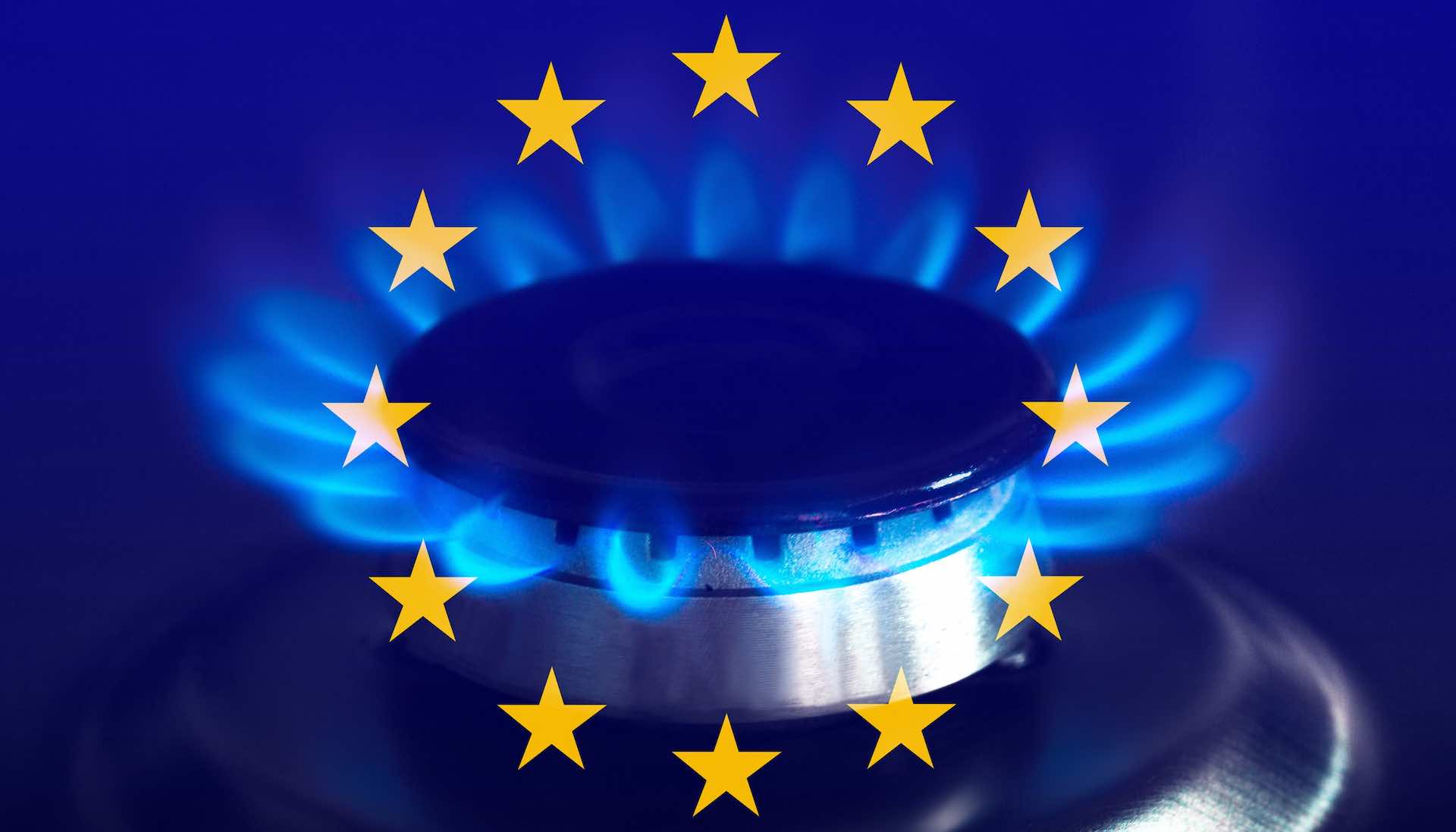MENA Newswire News Desk: Wholesale electricity prices in Europe’s major economies have surged to their highest levels in over a year, according to recent reports, intensifying challenges for businesses already facing weak demand and low consumer confidence. This rise in energy costs is expected to exacerbate the region’s economic troubles, potentially affecting various industries and consumer prices. Reports indicate significant increases in electricity prices across major economies, including Germany, France, the Netherlands, Spain, and Poland.

Prices in these markets have reached their highest levels in at least 20 months as of November 2024. Italy has also recorded substantial increases, contributing to the highest average regional price since February 2023. This surge coincides with the onset of winter, traditionally a period of higher demand for heating and power. For further insights, see the Reuters analysis. The energy crisis, originally exacerbated by Russia’s 2022 invasion of Ukraine, disrupted power markets and led to inflated energy costs across Europe. Germany, Europe’s largest economy, has seen electricity prices soar to levels 280% higher than the 2016-2019 period.
These surging costs have impacted energy-intensive industries such as manufacturing and automotive production, leading to concerns about their global competitiveness. For a detailed breakdown, consult the European Commission’s energy price report. Efforts to stabilize energy markets have included a significant 11.5% increase in clean power generation and reduced reliance on fossil fuels. However, total power production remains below 2022 levels, further straining businesses heavily dependent on energy. Economists warn that if wholesale prices continue their upward trend, the resulting pressures could lead to broader economic instability across the region.
The industrial sector, vital to Europe’s economic stability, is particularly vulnerable. Key industries such as chemicals and heavy manufacturing are contending with soaring energy costs that threaten profitability and production rates. Calls for policy interventions to protect these sectors and ensure economic resilience are intensifying across Europe. For consumers, the ripple effects of high energy costs are becoming increasingly evident. Businesses may pass on these increased costs, driving up consumer prices and worsening inflationary pressures.
This could further dampen consumer spending, which has already been constrained by stagnant wages and rising living costs. In summary, the recent surge in European wholesale electricity prices highlights the need for urgent, coordinated action to mitigate economic repercussions. The interplay between energy costs, industrial production, and consumer confidence underscores the complexity of the challenges ahead.
